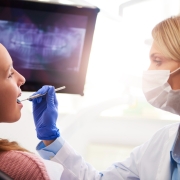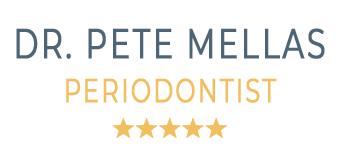Can Gum Disease be Reversed?
Gum disease is one of the most serious dental concerns because it nearly always leads to permanent tooth loss. No one wants to lose their permanent teeth. It not only looks bad, but it negatively impacts the function and health of the entire mouth. If you believe you may have gum disease, you’ll want to know if it can be reversed. Here are some facts to help you to understand the serious implications. But in the meantime, you should see your Scottsdale, AZ, periodontist as soon as possible for treatment.
Understanding Gum Disease
Gum disease, also called periodontal disease, is a disease that affects the soft tissue, the gums. Essentially, it’s an infection of the gums. Symptoms include inflamed gums, loose teeth, and white pus. The thing to know about gum disease is that it progresses slowly, over time. As such, there is ample time to halt its progression. Doing so could just save your permanent teeth. Waiting until the gum disease progresses to the final stages almost always results in the loss of permanent teeth.
Gum Disease is Treatable
Thankfully, gum disease is treatable, and a periodontist is an expert in this kind of service. Your periodontist has an array of available treatments for gum disease. At home, you should follow your periodontist’s instructions to the letter for optimal outcomes.
Can Gum Disease be Reversed?
The question of whether gum disease can be reversed depends a lot on the individual, their habits, lifestyle choices, when they seek treatment, and how closely they adhere to the periodontist’s instructions. Treatment may include prescription medication such as antibiotics, prescription-strength mouthwashes, surgical procedures, digital imaging, and more. It’s important to note that gum disease can’t be reversed with just one visit. It came on slowly, and reversing the effects will take time, possibly several months. Any permanent damage, of course, such as the loss of natural teeth, can’t be reversed, but there are treatments for that, such as dental implants, bridges, and more.
If you suspect that you may be developing gum disease in Scottsdale, AZ, book an appointment with your periodontist as soon as possible. The sooner the gum disease is diagnosed and halted in its tracks, the better the outcome. Contact us today to learn more.




